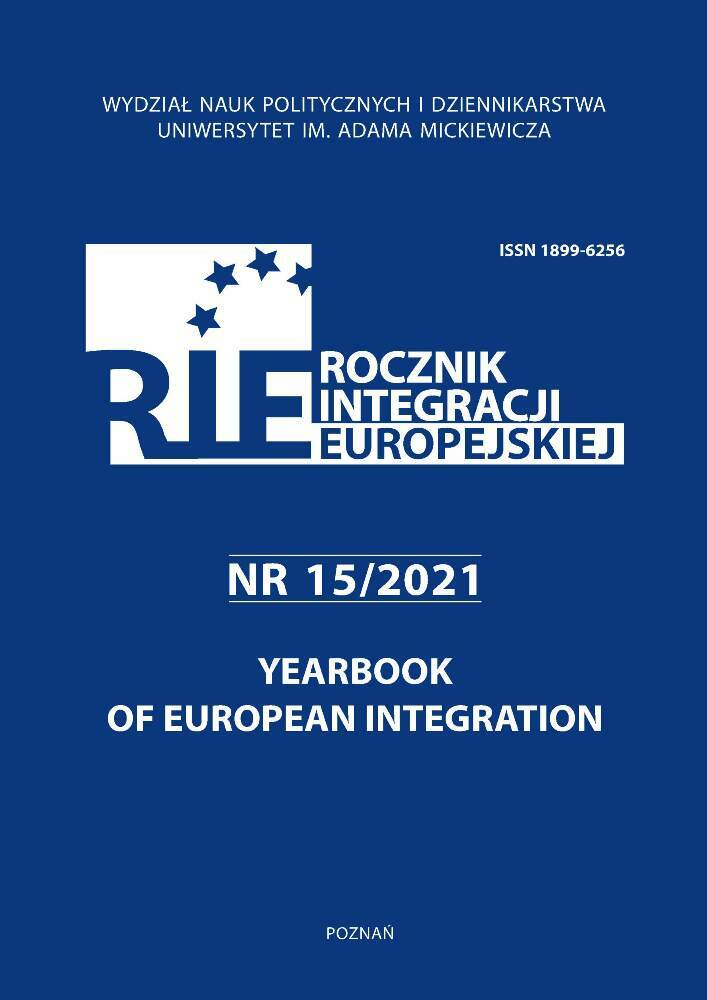No. 15 (2021)
Published 2021 December 31
From the Editor
ESSAYS AND PAPERS
29-40
41-52
53-69
71-83
85-105
107-123
125-133
135-153
155-167
169-180
181-194
195-213
215-231
233-247
249-261
263-280
281-292
293-317
319-336
337-356
ASSESSMENTS AND DISCUSSIONS
365-368
369-371
372
